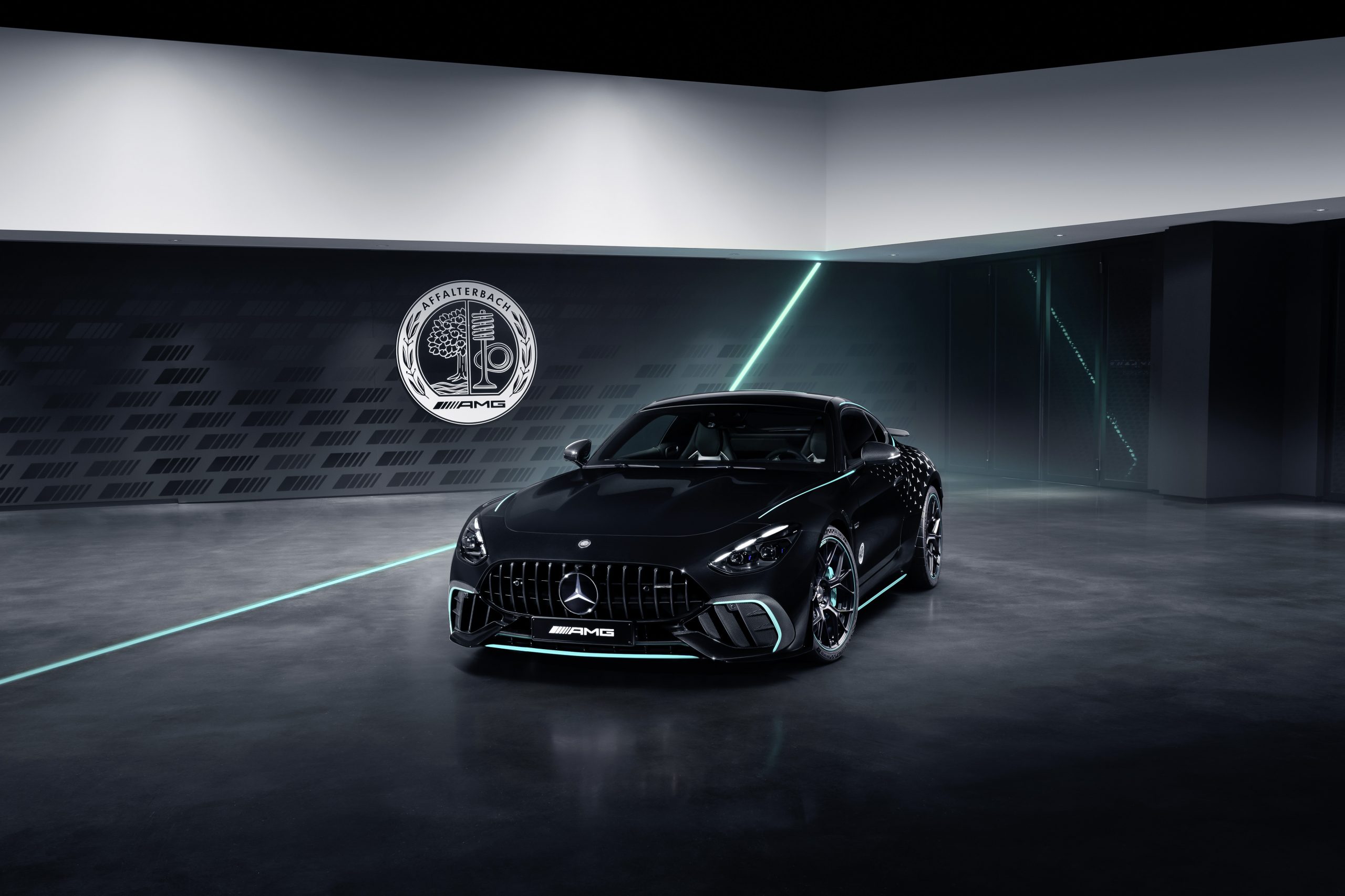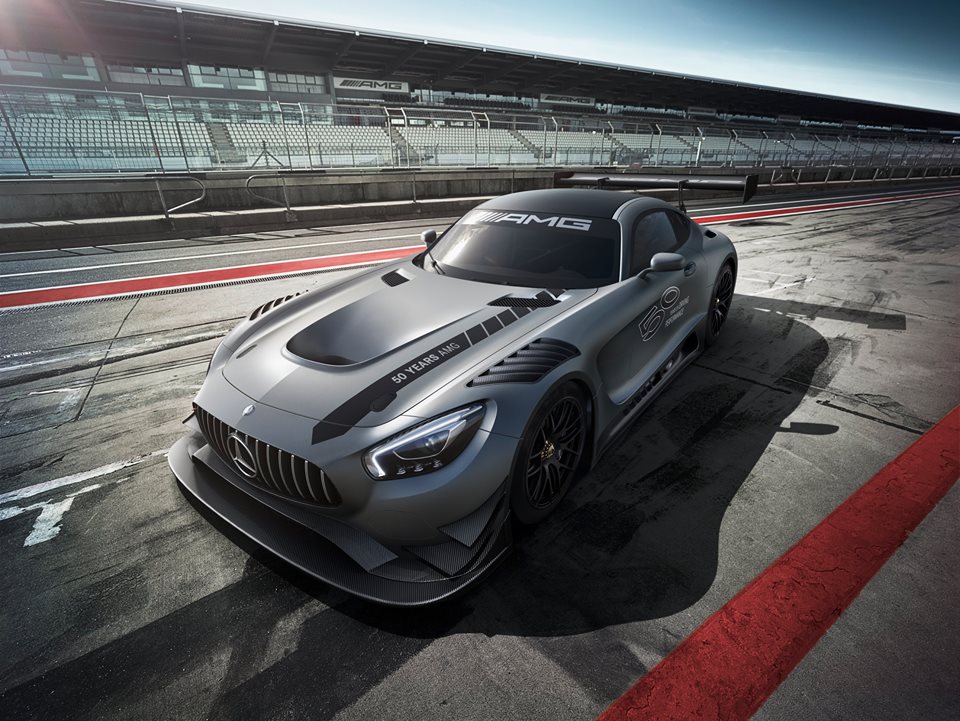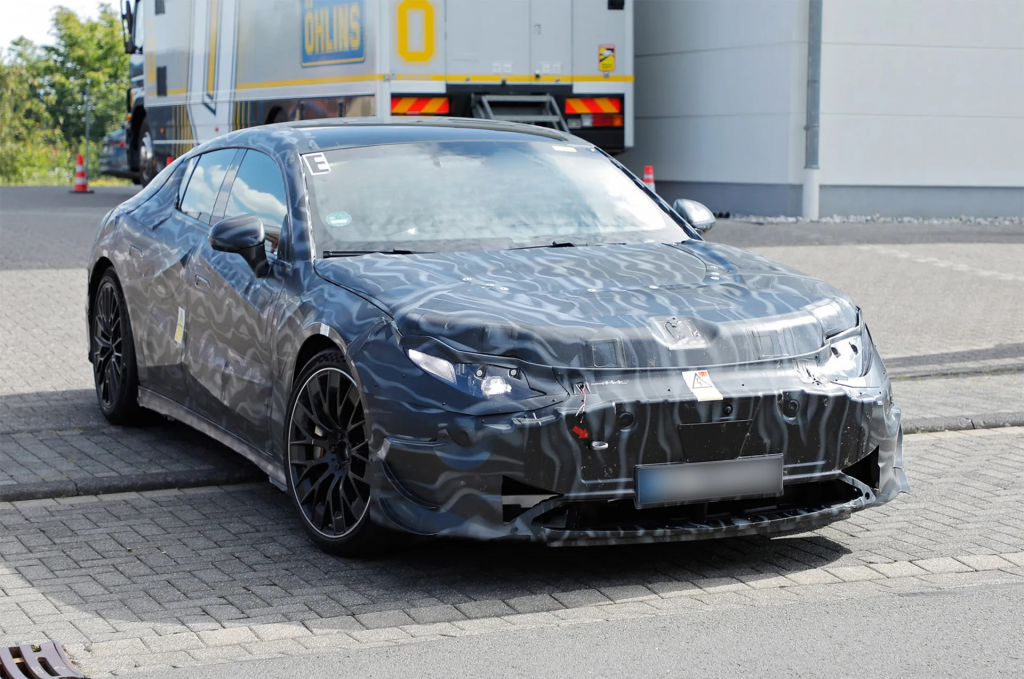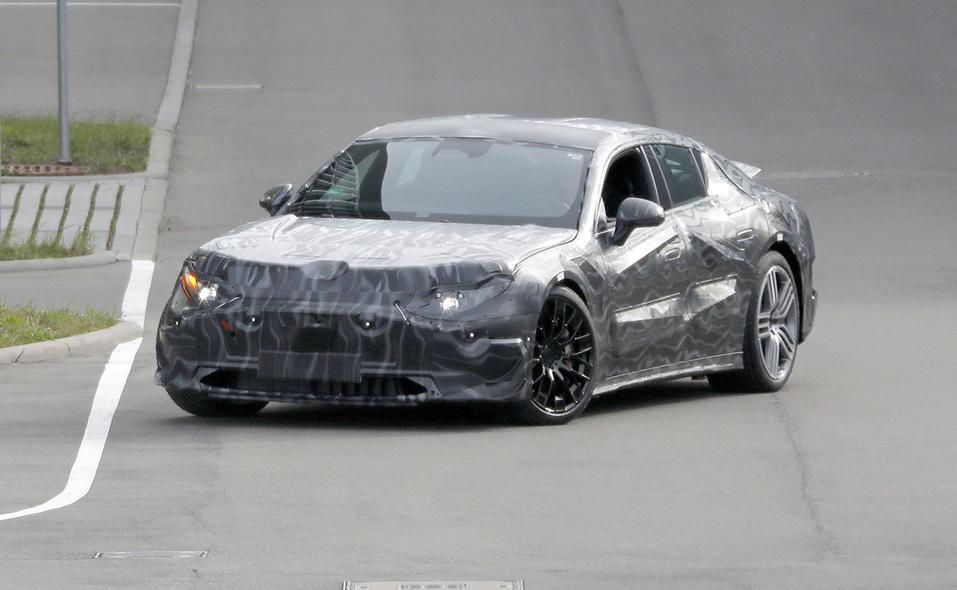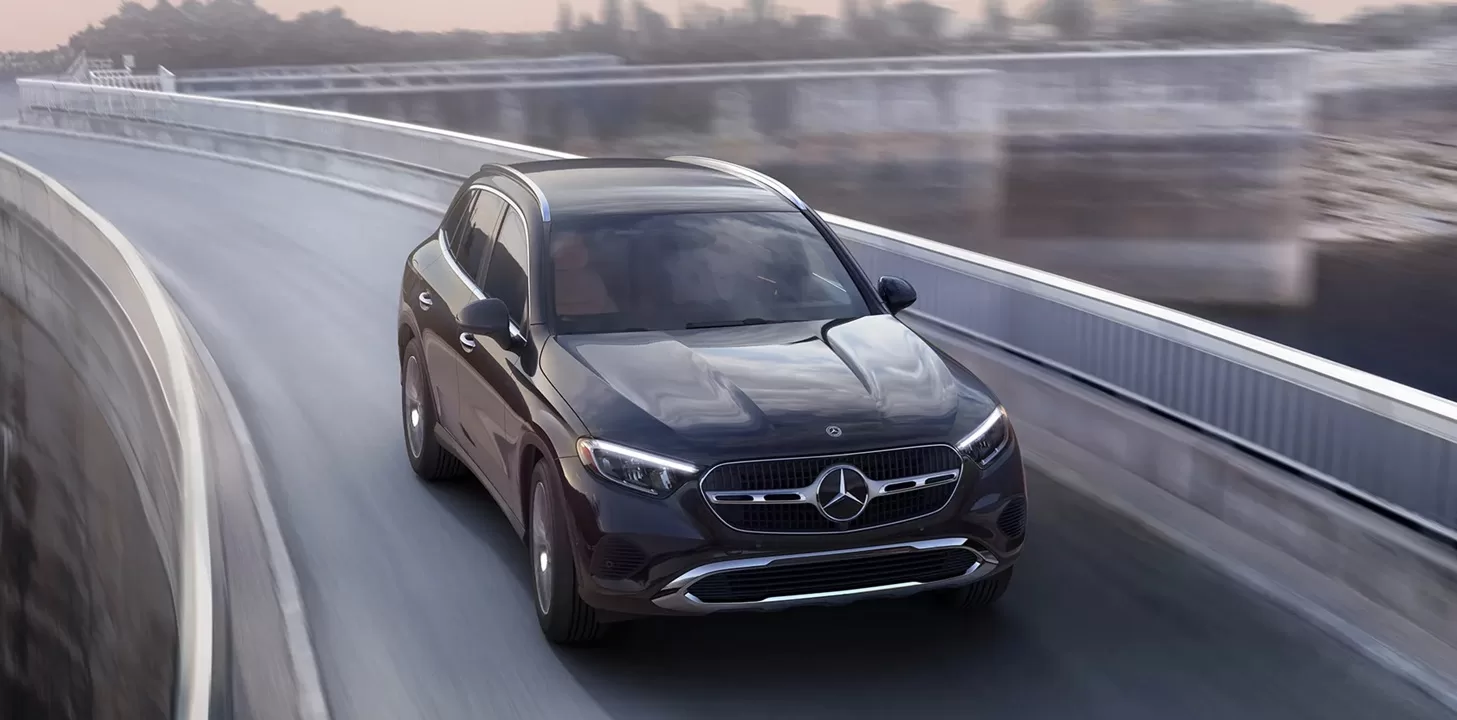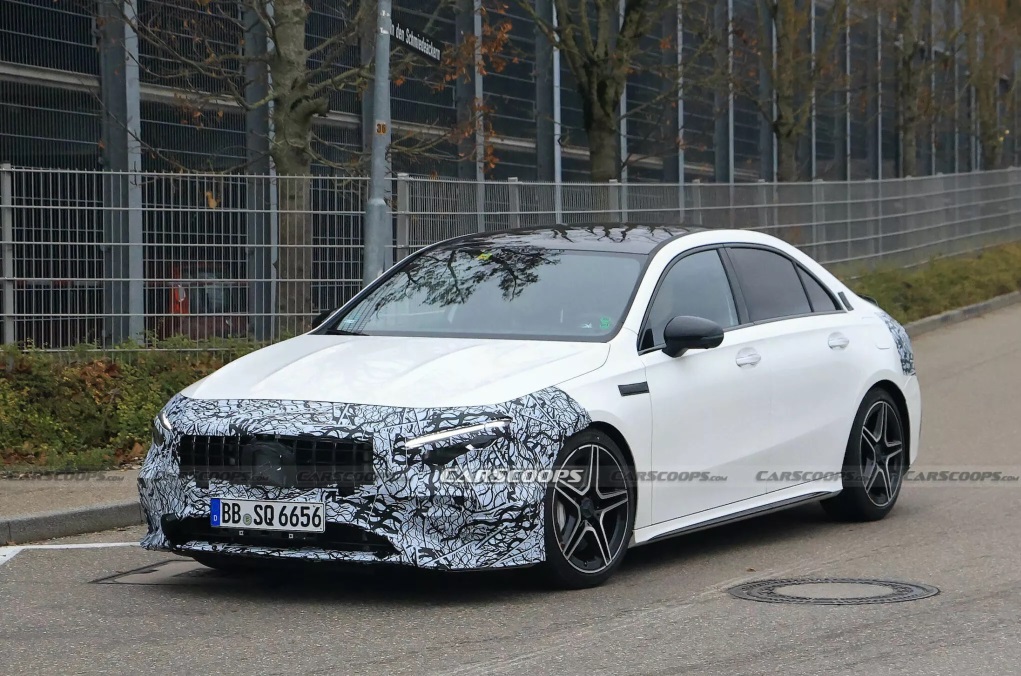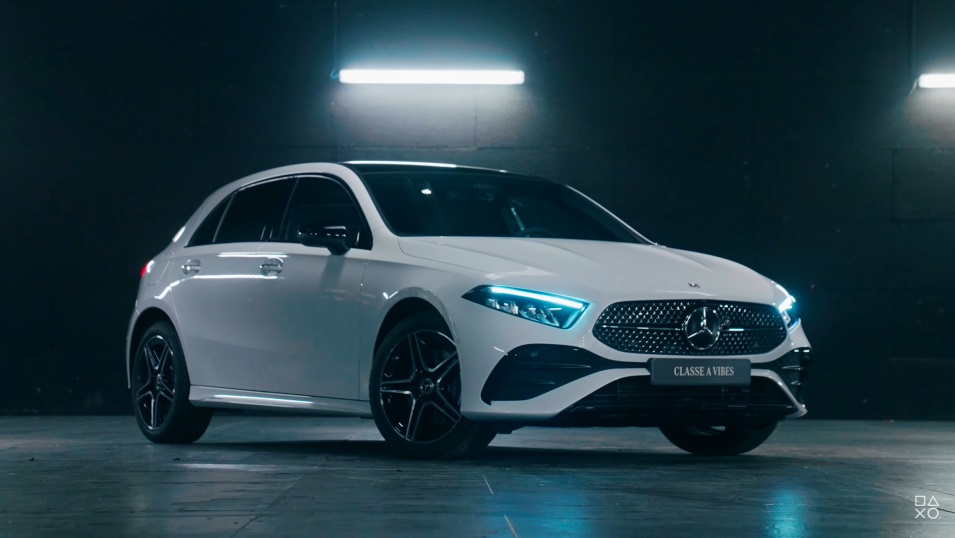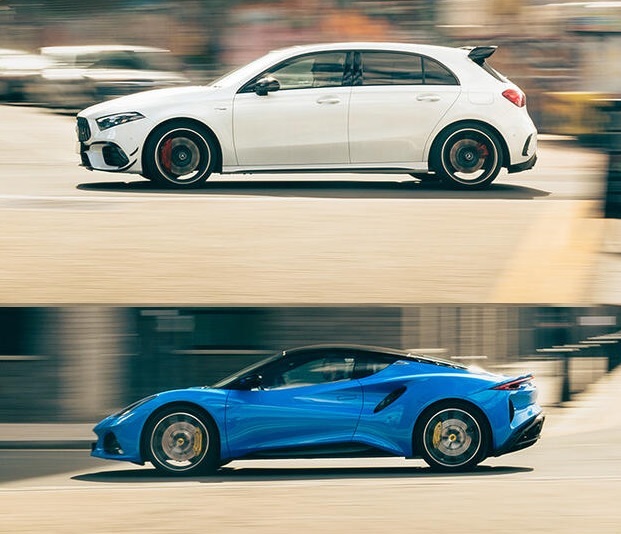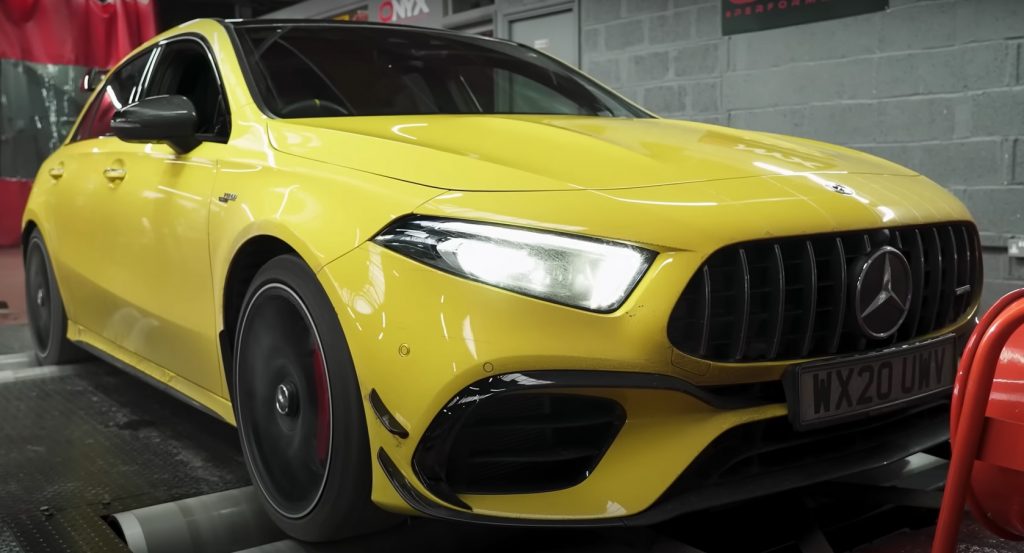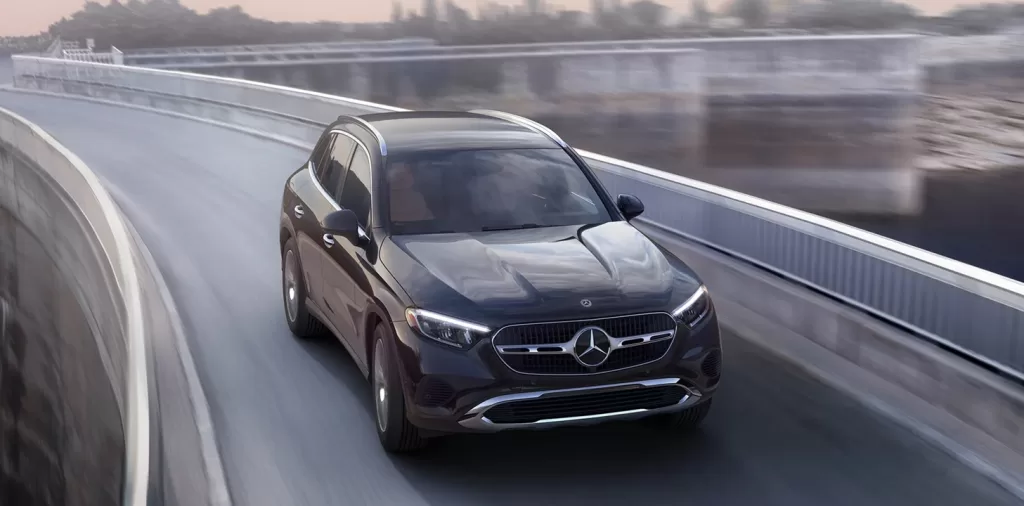
Daimler AG received last Saturday a special award for its commitment to innovation, during the presentation of the “29th German Industry Innovation Award”. This “Decade Award” is only presented every ten years, in recognition of sustainable and successful commitment to concerted innovation strategies. From more than 360 applications submitted by over 300 companies, a jury of experts from industry, science and politics chose Daimler AG. The prize is awarded by the Wirtschaftsclub Rhein-Main e.V. in Frankfurt/Main and the business magazine Wirtschaftswoche, Düsseldorf.
“To shape the mobility of tomorrow, you have to press the right buttons in time, and invest in future-oriented technologies. The fact that we have been doing this very successfully for many decades is due to our intensive research and development activities”, said Dr. Thomas Weber, Member of the Board of Management of the Daimler AG responsible for Group Research and Mercedes-Benz Cars Development. He emphasised that Daimler will continue to invest in all relevant technologies for the future. The main focus of this commitment to innovation lies in the areas of safety, vehicle individualisation and alternative powertrains.
Innovations for the mobility of the future
During the last ten years Daimler has registered well over 40,000 patents. Its outstanding know-how is demonstrated by innovations in new vehicle concepts, as well as a wide range of efficient, clean and powerful drive systems and trailblazing safety technologies. The ever-increasing number of product-related patent applications evidence how intensively the company is investing in the future. In 2008 the number of original patent applications increased by more than 15 percent compared to the previous year.
Taking new trails in urban areas
Ten years ago, Daimler launched a new vehicle concept in the form of the smart fortwo which provoked a great deal of controversy at the time. Today this innovative concept of an intelligently conceived two-seater has firmly established itself in the marketplace, and is increasingly imitated. More than 1 million smart fortwo have been produced since the market launch. In addition to its appealing design, it excels with its compact size, outstanding safety and excellent level of comfort. The smart fortwo has the status of an “urban icon”, and is the world’s most successful car in the three litres per 100 km fuel consumption category. In recognition of its environmental compatibility the smart fortwo has received several awards, among them the “à–koGlobe”.
Efficient, clean and comfortable en route
In the company’s view, the electrification of the automobile is of key importance where sustainable mobility is concerned – from the hybrid to the fuel cell and battery powered vehicle. Since the late 70s Daimler has been conducting intensive research and development work on battery-powered vehicles. In addition to vehicle concepts, this includes the further development of key components such as electric motors and batteries. Over the last 30 years, Daimler engineers have registered more than 600 patents relating to battery powered vehicles – more than 230 of them in the field of lithium-ion technology.
With the world’s first integration of lithium-ion technology into a hybrid vehicle, Daimler has reached a major milestone on the road to sustainable mobility. Lithium-ion batteries are ideally suitable for use in hybrid vehicles, where they help to reduce fuel consumption and therefore CO2 emissions. From this year, this new battery type will enter series production in the S 400 BlueHYBRID, the world’s most economical luxury limousine with gasoline engine. The lithium-ion battery will also be applied in vehicles powered by fuel cells or batteries. Daimler has already successfully demonstrated their sustainability for daily use during the course of several fleet trials and infrastructure projects, one of them with the smart fortwo electric drive in London. The company is also starting other major projects for electric vehicles with “e-mobility Berlin” and “e-mobility Italy”.
Uncompromising when it comes to safety
Safety innovations developed by Daimler AG significantly contribute to the improvement of transport safety. Crash crumple zones, airbags, seat-belt tensioners, sidebags, belt force limiters, windowbags and other technical milestones show the achievements from almost seven decades of intensive passive safety development at Mercedes-Benz. Because of the big advances in passive safety systems, the focus of development work is now increasingly shifting to the creation of preventive protection techniques such as PRE-SAFE® and the avoidance of accidents altogether. The era of electronic assistants commenced with the introduction of the anti-lock braking system (ABS) followed by ESP®, the Brake Assist, DISTRONIC and the even more efficient radar-based assistant systems Brake Assist PLUS as well as DISTRONIC PLUS.
DISTRONIC PLUS and Brake Assist PLUS prevent over 20 percent of head-to-tail crashes on average. In another quarter of these collisions, the systems can help to greatly reduce accident severity. This combination of state-of-the-art radar and brake technology offers the greatest safety potential on motorways, where around 36 percent of all head-to-tail crashes can be prevented.
With the new E-Class, Mercedes-Benz has again introduced a number of the very latest assistance and protection systems: The E-Class is now equipped as standard with the new ATTENTION ASSIST drowsiness recognition system. It warns the driver of his drowsiness in time. Other innovations available for the E-Class are the Adaptive Main Beam Assist and Lane-Keeping Assist, as well as the PRE-SAFE BRAKE with


